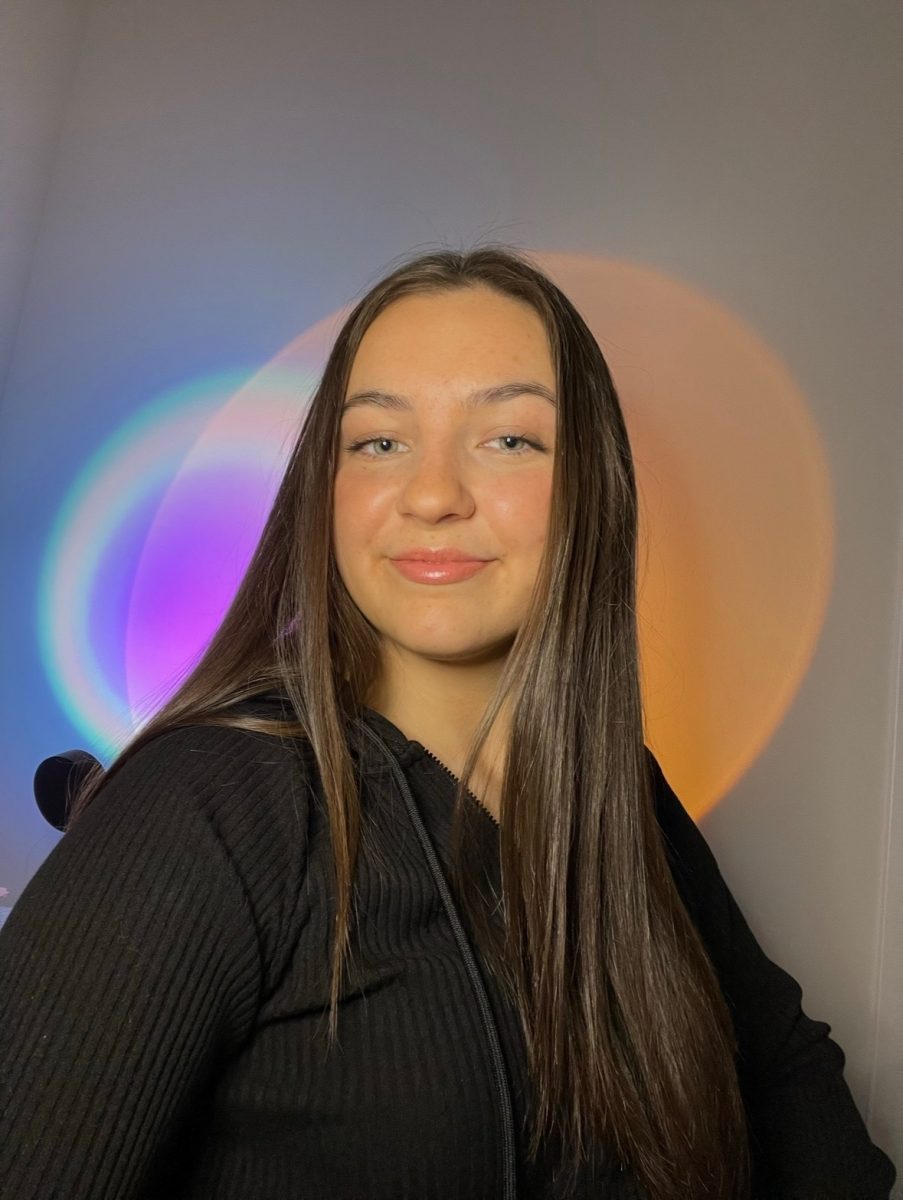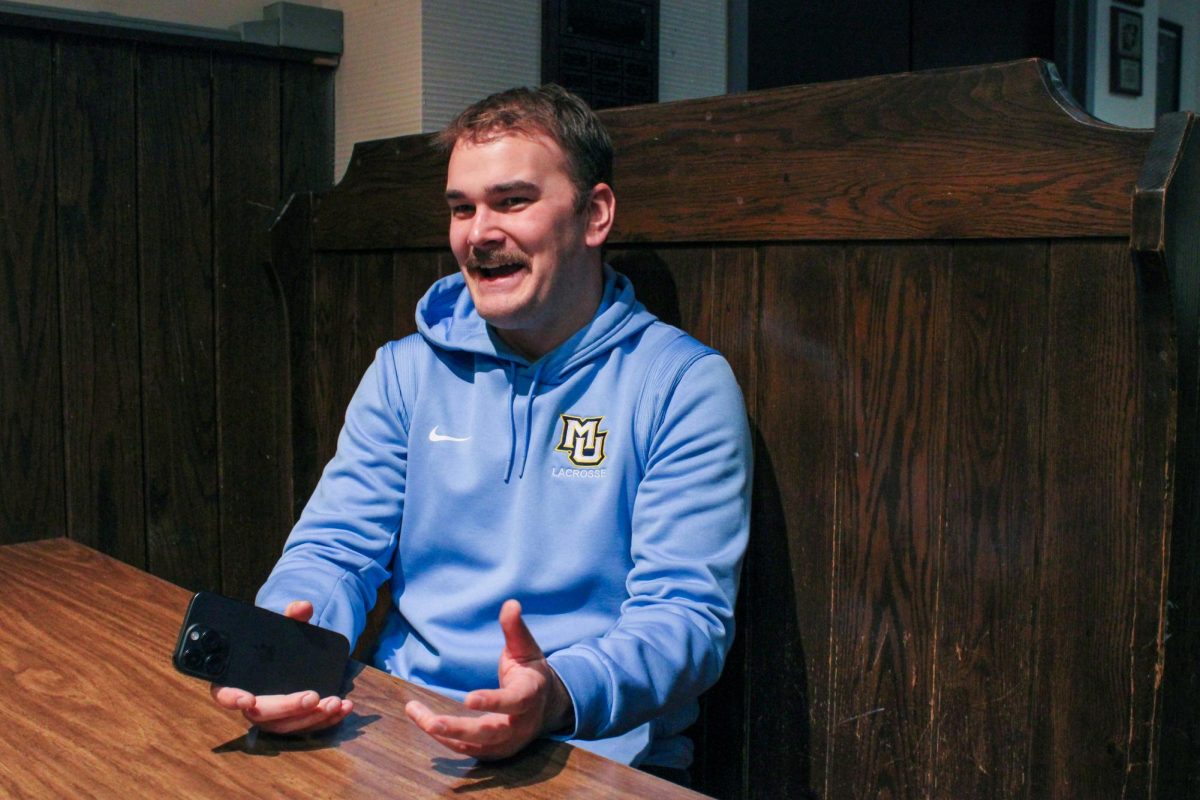 Someone who I once was very close to recently unfriended me on Facebook. We’ve lost touch, but that doesn’t mean I won’t see this person again. In fact, I already have. The whole situation has probably upset me more than it should. Now that I’ve been unfriended, am I allowed to say hi on the street? Am I allowed to ask about why I was unfriended? Should I rant about it on Twitter? What about a passive-aggressive Instagram quote?
Someone who I once was very close to recently unfriended me on Facebook. We’ve lost touch, but that doesn’t mean I won’t see this person again. In fact, I already have. The whole situation has probably upset me more than it should. Now that I’ve been unfriended, am I allowed to say hi on the street? Am I allowed to ask about why I was unfriended? Should I rant about it on Twitter? What about a passive-aggressive Instagram quote?
Although a 2011 study by Social Guide, a Nielsen-owned company that analyzes social media, discusses 10 different reasons for unfriending, ranging from political comments to updating a profile too often, I think it’s much simpler than that. There are two scenarios in which one is unfriended: indifferent or intentional.
Indifferent unfriending is fairly straightforward. You see a name under your friends list, ask yourself how you know him or her, realize you barely do, and with two clicks of a button: unfriended. Your best friend’s second cousin whom you met once at her family reunion won’t even notice. Take caution with this method. Things change. Last summer I almost unfriended someone whom I have talked to three times since coming back to school.
Indifferent unfriending can be a proactive approach too. I’ve taken up the habit of unfriending people on their birthdays. Mostly because I’m a cold-hearted witch but also because it’s convenient. I have a rule: If I don’t feel comfortable writing happy birthday on someone’s wall, I shouldn’t be Facebook friends with them in the first place. After 365 days my friends list will be purged. The indifferent unfriend is simple and harmless. If executed properly, no one gets hurt.
With the intentional unfriend, you most likely had some sort of falling out. Maybe it was a break up. Maybe you hit her grandma with a car. Maybe you insulted his cooking. Whatever it is, you did something worthy of social media punishment.
Those events cause a rift in the relationship, but why take it as far as unfriending? I have a friend, let’s call her Wendy, who recently unfriended her ex-boyfriend on Facebook. When Wendy first told me what she had done, I thought it was unnecessary. But in the process of writing this column, I asked her to clarify, and it actually made sense.
Essentially, it comes down to Facebook stalking, Wendy said, whether you mean to or not. Seeing what he posted on Facebook is almost as bad as, or even worse than seeing him on the street because it allows your imagination to run wild with questions. Why did he like that page? Who tagged him in that photo? Which friend’s cabin was he at last weekend? Does it really matter? Nope.
Wendy felt that by unfriending her ex on Facebook, she would have peace of mind. Her newsfeed would be “gasp free” when she saw him tagged in a photo with that girl, or realized that he was also at Caff’s last Saturday.
Whatever it is, you probably did something worthy of the effort of clicking two buttons on the good ol’ FB. Don’t be too insulted. You could just let it go. Or you could write a column about it.






